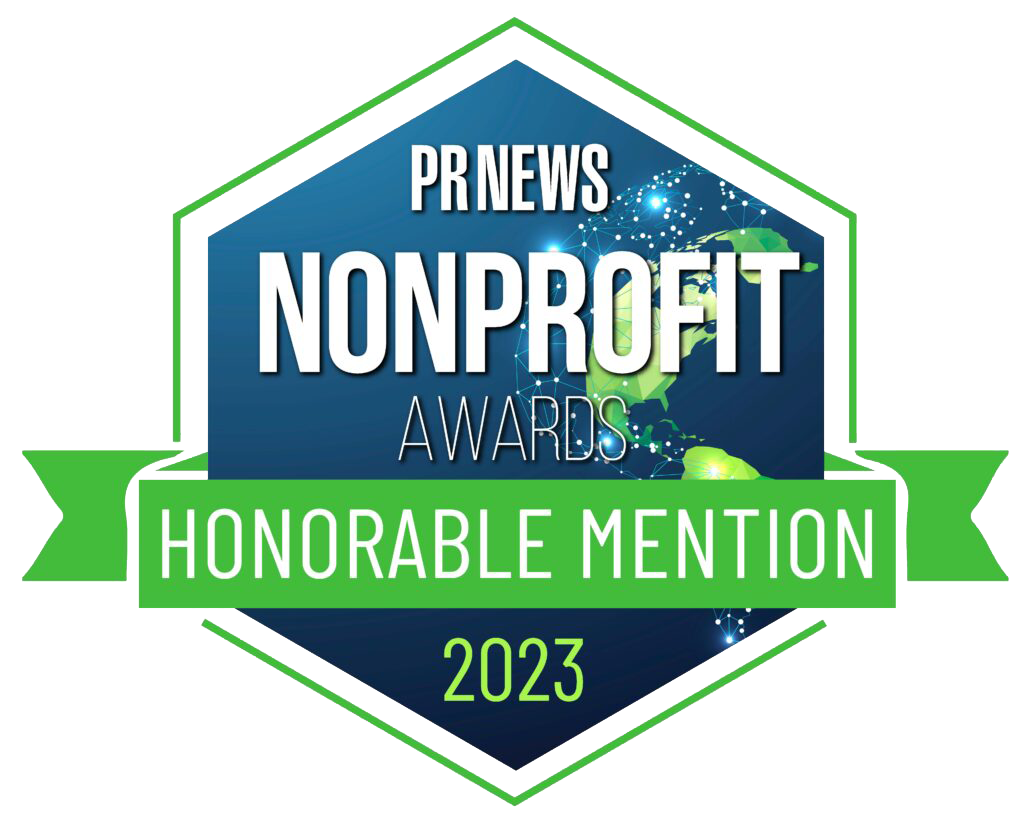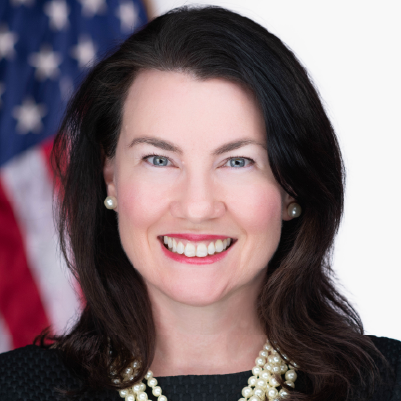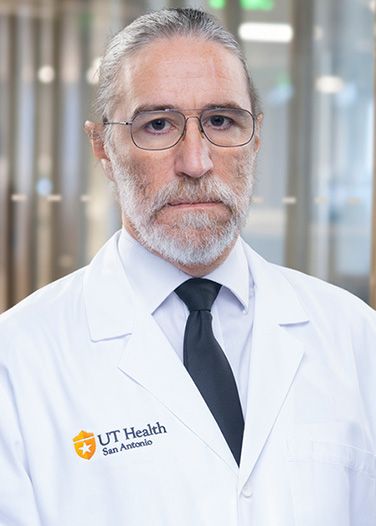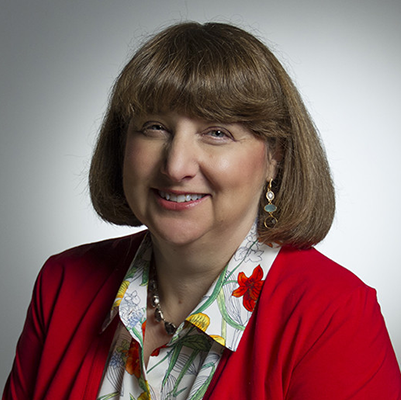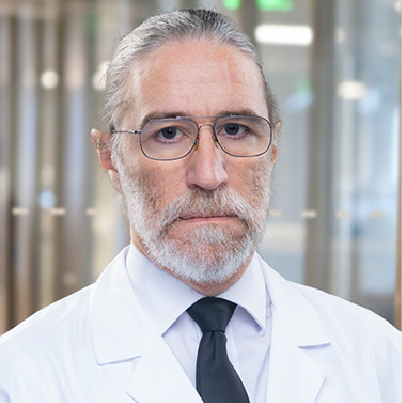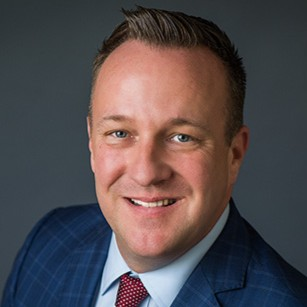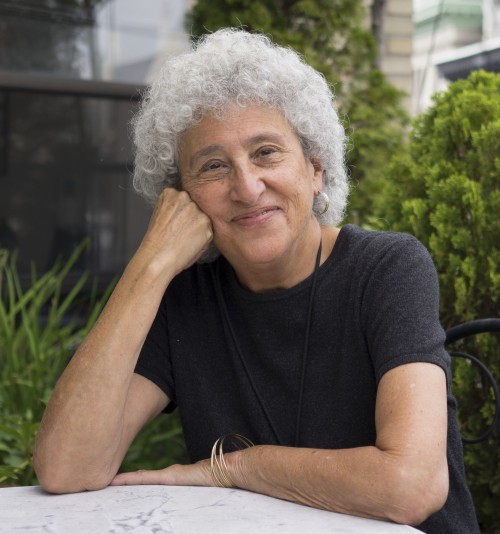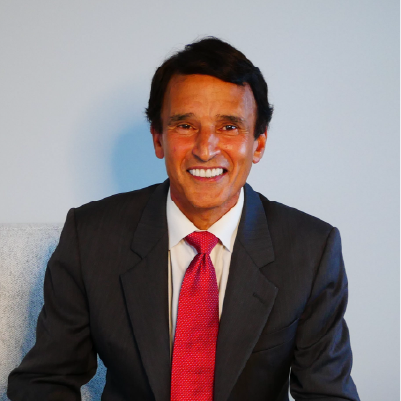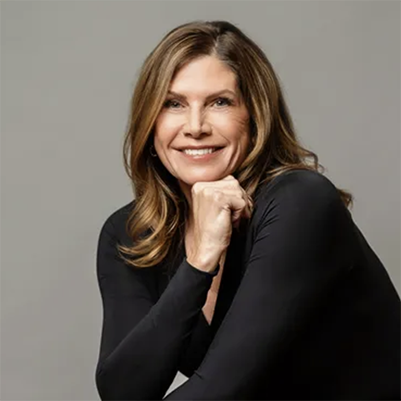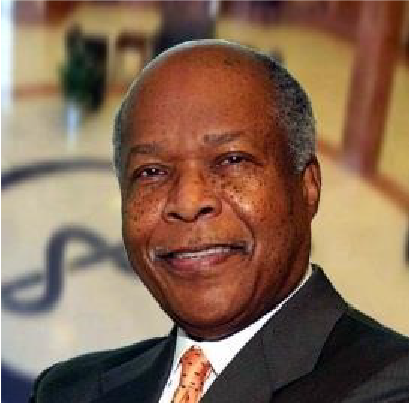Sort By...
THURSDAY, MAY 8, 2025
Menacing Melanoma: Marc Hulbert, PhD on How You Can Fight Back
Skin cancer is the most common cancer in the United States, and melanoma is its deadliest form. Cases have tripled in the past 30 years, particularly among younger people — even as rates for other common cancers have gone down.
Marc Hurlbert, Ph.D., CEO of the Melanoma Research Alliance (MRA), joins “Conversations on Health Care” hosts Mark Masselli and Margaret Flinter to talk about the urgent need for more research, the role of philanthropy, and why early detection remains critical.
“We’ve invested in research that’s led to 17 FDA-approved treatments, dramatically improving patient outcomes — and the dermatologist remains one of our strongest allies,” Hurlbert shares.
He also discusses the promise of cutting-edge tools like gene-based blood tests and machine learning, while calling for broader access to clinical trials.
“I think we’re at a place where philanthropy is doing more to advance research than the government,” he says.
From innovative treatment approaches to the push for inclusive prevention efforts across all communities, this conversation offers critical insights during Melanoma and Skin Cancer Awareness Month.
Watch the episode to learn more.
THURSDAY, MAY 1, 2025
Healthcare Disability Advocate, Fueled by Personal Experience: Megan Morris
A recent survey surprisingly found only 41% of physicians were “very confident” about their ability to provide equal quality care to patients with a disability. Megan Morris, Ph.D., and her allies are trying to figure out why and how to boost that percentage.
STAT News’ STATUS List recently added Morris to its prestigious collection of influencers because of her role as founder of the Disability Equity Collaborative.
In an interview with “Conversations on Health Care” hosts Mark Masselli and Margaret Flinter, Morris discusses how outdated attitudes, inaccessible equipment, and a lack of training continue to limit healthcare access for patients with disabilities.
Morris also shares how new federal standards are pushing healthcare systems to better track and respond to disability needs and why simply collecting data isn’t enough without systemic change.
“We have long argued that collecting disability status information should be part of standard demographics. Just like asking what language you speak, you have to ask: ‘Do you have a disability?’ so you can identify accommodation needs early and deliver better care.”
From bias in provider attitudes to practical solutions using technology, Morris lays out a clear roadmap for building a healthcare system that truly serves everyone.
Watch the full conversation.
THURSDAY, APRIL 10, 2025
Mystery No More: Howard Hughes’ Legacy Advances Science
Eccentric billionaire Howard Hughes founded his eponymous Medical Institute over 70 years ago devoted to “unlocking the fundamentals of biology and building an open, inclusive future for science.”
Some say Howard Hughes Medical Institute is bringing its founder’s vision into the future with its one-of-a-kind Janelia Research Campus in Ashburn, Virginia. On this 281-acre parcel of land, integrated teams of lab scientists and tool-builders pursue a small number of scientific questions with potential for transformative impact. To drive science forward, they share their methods, results, and tools with the scientific community.
Nelson Spruston, Ph.D., the executive director at HHMI’s Janelia research campus, also tells hosts Mark Masselli and Margaret Flinter about AI@HHMI, its new $500 million initiative to embed AI systems throughout every stage of the scientific process.
Spruston says, “Our approach is to identify people who have a very strong track record of making important discoveries in biomedical research and letting them pursue their best ideas without asking for our permission. What we're trying to do at HHMI is to use the deep bench of talent … to come up with ideas for problems [and address] long-standing open questions in the biological sciences.”
THURSDAY, MARCH 27, 2025
Food is Medicine: How Young Changemakers are Transforming Healthcare
Two young innovators are leading a movement that proves food isn’t just fuel—it’s medicine. In this episode of “Conversations on Health Care,” Mark Masselli and Margaret Flinter talk with Christian Heiden, founder of Levo International, and Alissa Wassung, executive director of the Food is Medicine Coalition, about how their work is shaping the future of healthcare through food.
For Heiden, hydroponic farming offers an innovative way to get fresh, nutritious food into the hands of people who need it most. “We’ve seen case studies where diet alone has prevented people from needing multi-million dollar surgeries,” he shares, emphasizing how access to healthier food can directly improve health outcomes.
Wassung, whose coalition delivers medically tailored meals to patients with serious illnesses, highlights the broader impact. “Researchers at Tufts found that if every eligible patient received medically tailored meals, we could save $13.6 billion—with a B—in just one year,” she explains. “This is a tremendous opportunity to build a more efficient and effective healthcare system.”
But this movement isn’t just about numbers—it’s about people. Heiden and Wassung embody a generational shift in how we view food and medicine, bringing fresh energy to solutions that could transform healthcare. Their work demonstrates that investing in food-based healthcare solutions isn’t just good for patients—it’s good for communities and the economy, too.
Join us as we explore how hydroponic farming, medically tailored meals, and cutting-edge research are proving that the right food can prevent disease, improve outcomes, and lower healthcare costs.

